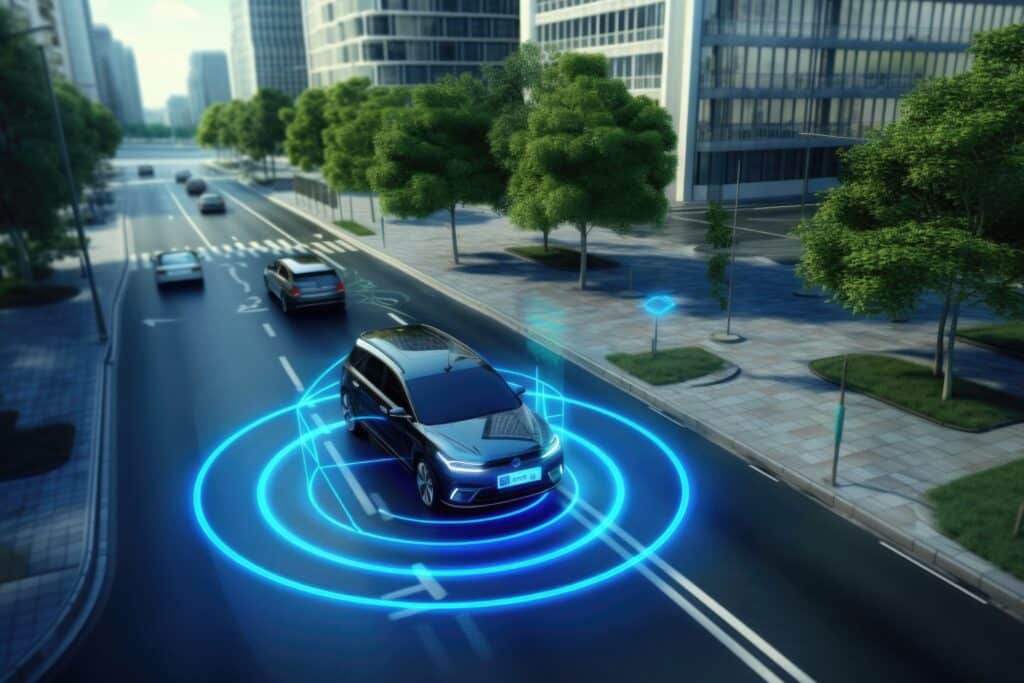The convergence of smart solar technology and electric vehicles (EVs) has given rise to a powerful synergy that is propelling us towards a more sustainable future. As the world grapples with the challenges of climate change and urban pollution, the combination of clean solar energy and emission-free electric vehicles is revolutionizing transportation and energy systems. In this article, we will explore how smart solar and electric vehicles are working hand in hand to drive us toward a more sustainable and environmentally friendly tomorrow.
1. Charging with the Sun
One of the most significant advantages of combining smart solar technology with electric vehicles is the ability to charge EVs using clean, renewable energy. Solar panels can generate electricity during the day, which can then be used to charge EV batteries. This not only reduces the carbon footprint of transportation but also provides a more sustainable and cost-effective way to power vehicles.
2. Solar-Powered Charging Stations
Solar-powered EV charging stations are becoming increasingly common as a result of the smart solar and EV synergy. These stations utilize solar panels to generate electricity for charging EVs, making them independent from the grid and reducing the strain on traditional power sources. Solar-powered charging stations also offer a solution for EV owners who lack access to conventional charging infrastructure.
3. Grid Stability and Load Management
The integration of solar-powered EV charging contributes to grid stability and load management. Through smart charging technologies, EVs can be charged during periods of optimal solar energy production. This helps balance electricity demand, reduce peak load on the grid, and mitigate the strain on power infrastructure during high-demand hours.
4. Off-Grid Mobility
Smart solar technology combined with EVs opens up the possibility of off-grid mobility. Remote areas, recreational sites, and disaster-stricken regions can benefit from solar-powered EVs for transportation and energy needs. These vehicles can serve as mobile power sources, providing electricity for various applications beyond transportation.
5. Energy Storage and Grid Support
EV batteries can serve as a valuable resource for energy storage and grid support. When parked, EVs can be used to store excess solar energy, which can then be discharged back into the grid during periods of high demand. This vehicle-to-grid (V2G) technology offers an innovative solution for balancing energy supply and demand while providing EV owners with an additional source of income.
6. Reducing Emissions and Air Pollution
The combined impact of smart solar and electric vehicles is a substantial reduction in greenhouse gas emissions and air pollution. EVs produce zero tailpipe emissions, while solar energy generation is clean and renewable. This combination has the potential to significantly improve urban air quality and reduce the carbon footprint of transportation, contributing to a healthier and more sustainable environment.
Conclusion
The partnership between smart solar technology and electric vehicles represents a pivotal step towards a more sustainable and environmentally conscious future. By harnessing the power of the sun to fuel emission-free transportation, we are not only reducing our dependence on fossil fuels but also creating a cleaner, more resilient energy ecosystem. As smart solar and EV technologies continue to evolve, the synergy between the two will play a crucial role in accelerating the transition to a greener and more sustainable transportation and energy landscape.
“Smart solar and electric vehicles are steering us toward a future where sustainability drives us forward, mile by mile and electron by electron.” – Unknown
Be Smart, Be Solar, Be BrightEra!!.
Send us your information https://bit.ly/BeBrightEraEnergy

